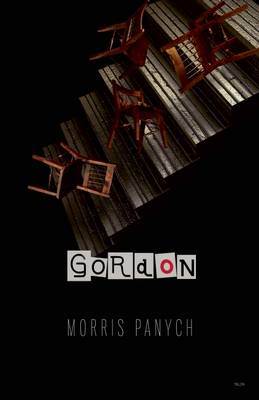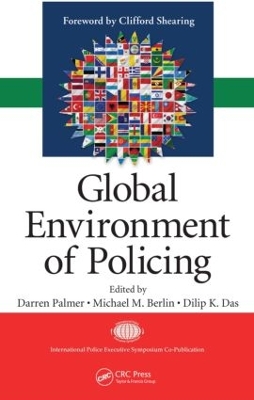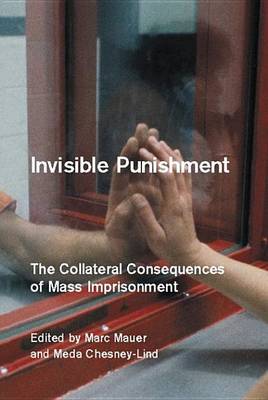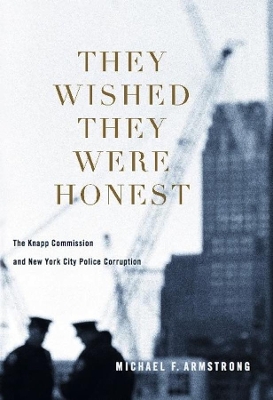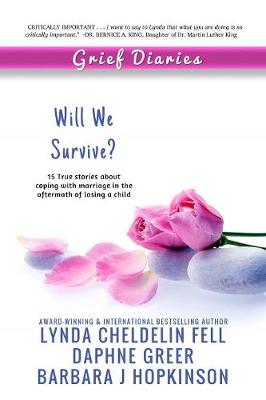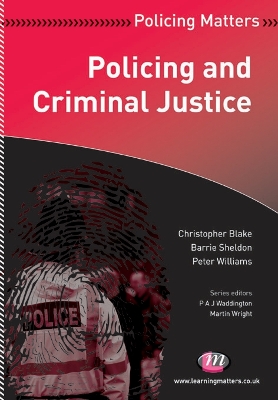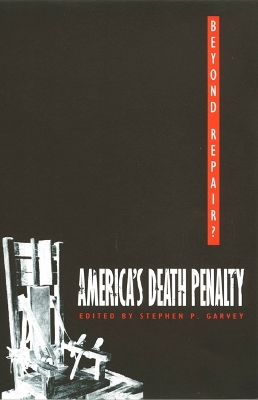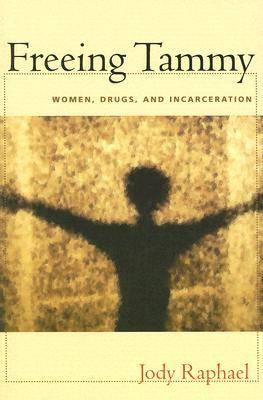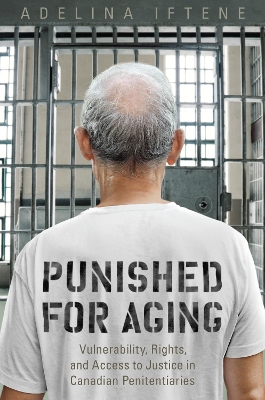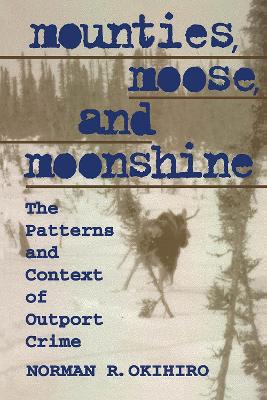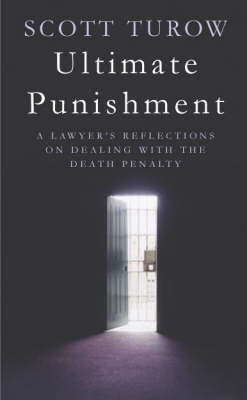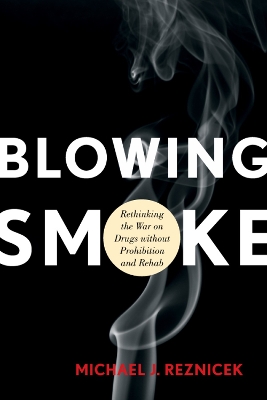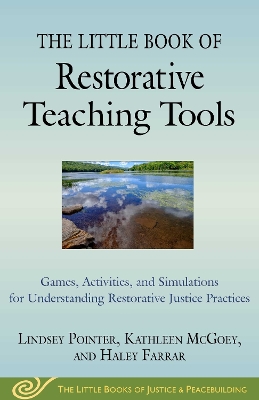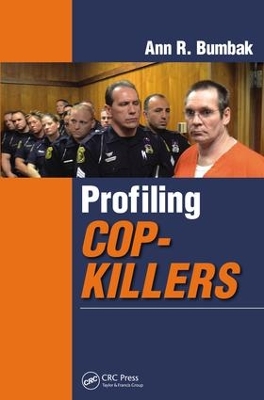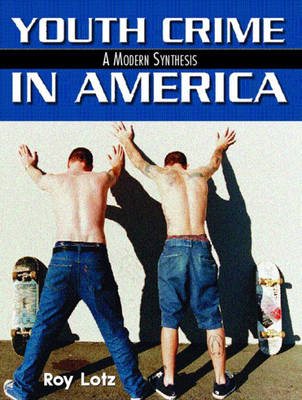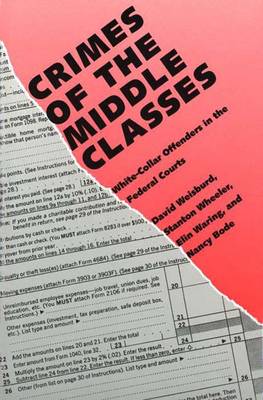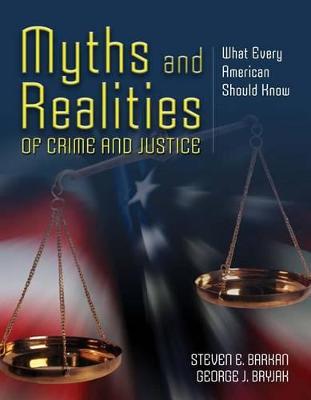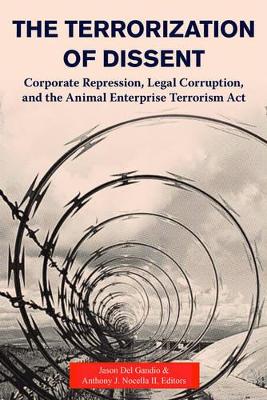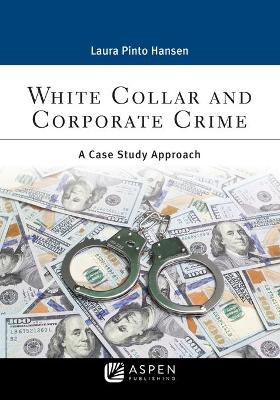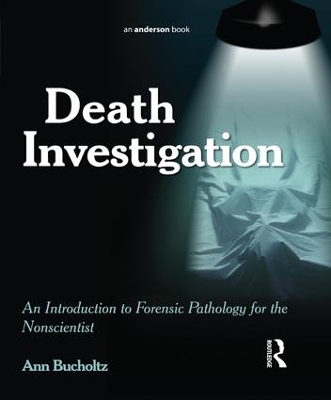Global Environment of Policing (International Police Executive Symposium Co-Publications)
Police organizations across the globe are experiencing major changes. Many nations cope with funding constraints as pressures within their societies, terrorism and transnational crime, and social and political transformations necessitate a more democratic form of policing. Drawn from the proceedings at the International Police Executive Symposium in Prague and other IPES projects, Global Environment of Policing is composed of case studies from more than fourteen countries and six continents. Div...
In fifty years of prosecuting and defending criminal cases in New York City and elsewhere,Michael F. Armstrong has often dealt with cops. For a single two-year span, as chief counsel to the Knapp Commission, he was charged with investigating them. Based on Armstrong's vivid recollections of this watershed moment in law enforcement accountability-prompted by the New York Times's report on whistleblower cop Frank Serpico-They Wished They Were Honest recreates the dramatic struggles and significanc...
Grief Diaries (Grief Diaries)
by Lynda Cheldelin Fell, Barbara J Hopkinson, and Daphne Greer
Policing and Criminal Justice (Policing Matters)
by Christopher Blake, Barrie Sheldon, and Peter Williams
This text provides an accessible and up-to-date introduction to criminal justice for all those undertaking degrees and foundation degrees in policing. It will also be relevant to degree courses in criminology and criminal justice. The book provides a holistic overview of the Criminal Justice System (CJS) and an exploration of the roles of key players within the system and how the police interact with these organisations. It examines some of the principles that underpin the ′modernisation′ of the...
Beyond Repair? (Constitutional Conflicts)
Can the death penalty be administered in a just way—without executing the innocent, without regard to race, and without arbitrariness? How does capital punishment in the United States fit with international human rights law? These are among the questions that leading legal scholars and journalists explore in Beyond Repair? All new, the essays in this collection focus on the period since 1976, when the Supreme Court held that capital punishment, in and of itself, does not violate the Constitution...
Tammara (Tammy) Johnson is an African-American woman in her fifties, an ex-addict with a 19-year heroin habit and a felony record, who works as the job development trainer for an in-patient drug treatment program in south suburban Chicago. Raised in a middle-class family, Tammy left home early because she could not live up to parental expectations. She turned to drugs and crime and was eventually incarcerated for selling drugs. This book, the third in a trilogy about Chicago women by noted auth...
Built around the experiences of older prisoners, Punished for Aging looks at the challenges individuals face in Canadian penitentiaries and their struggles for justice. Through firsthand accounts and quantitative data drawn from extensive interviews, this book brings forward the experiences of federally incarcerated people living their "golden years" behind bars. These experiences show the limited ability of the system to respond to heightened needs, while also raising questions about how intern...
Three different types of 'crime' are examined in this comprehensive study of criminal behaviour and law enforcement in two small Newfoundland fishing villages. The 'crimes' include acts deemed criminal by the rules and regulations of the state but not necessarily by local sentiment and acts that violate local norms but are not criminalized by the state. The descriptions of criminal activity and community sentiment are based on almost a decade of participant observation. Because the outports are...
As a pioneer of the modern legal novel and a criminal lawyer, Scott Turow has been involved with the death penalty for more than a decade, including successfully representing two different men convicted in death-penalty prosecutions. In this vivid account of how his views on the death penalty have evolved, Turow describes his own experiences with capital punishment from his days as an impassioned young prosecutor to his recent service on the Illinois commission which investigated the administrat...
Entscheidungen Des Bundesarbeitsgerichts. Band 3 (Entscheidungen Des Bundesarbeitsgerichts, #9)
Alcohol, opiates, cocaine and marijuana, among other drugs, have been used and abused for millennia. Prior to the disease model approach to drug addiction, which posits that addiction is a psychological and biological problem and that sufferers are victims, societies had a workable solution: let people consume what they want, and let informal cultural controls reinforce responsible behavior. Legal sanctions were reserved for any use that affected the safety of others. Blowing Smoke proposes an a...
The Little Book of Restorative Teaching Tools (Justice and Peacebuilding)
by Lindsey Pointer, Kathleen McGoey, and Haley Farrar
Engaging Practices for Integrating Restorative Justice Principles in Group Settings As restorative practices spread around the world, scholars and practitioners have begun to ask very important questions: How should restorative practices be taught? What educational structures and methods are in alignment with restorative values and principles? Thi
Drawing heavily on original research designed to train police officers to survive deadly encounters, Profiling Cop-Killers examines the sociological history, psychology, and motives of 50 murderers of police officers in 2011. The book identifies the commonalities and differences between groups of offenders by age, examining the previously hidden co
For use as a core text for undergraduate Juvenile Delinquency courses in departments of Criminology and Sociology. This new text introduces students to the latest developments in delinquency theory and research by providing a clear, jargon-free, in-depth treatment of the most recent and significant writings in the field. It provides wide coverage of youth crime, delinquency, and the justice system without overwhelming students with dual and often confusing statements.
Crimes of the Middle Classes (Yale Studies on White-Collar Crime)
by David Weisburd and etc.
In this major study of convicted white-collar offenders in America, Weisburd, Wheeler, Waring, and Bode show that, contrary to public assumption, the majority of white-collar criminals are not wealthy but come from the middle classes and that judges are not more lenient with these offenders but often punish them more harshly than less socially privileged criminals.
Myths and Realities of Crime and Justice: What Every American Should Know
by Steven E. Barkan and George J Bryjak
In the past two decades, many prevention and suppression programs have been initiated on a national and local level to combat street gangs--but what do we really know about them? Why do youths join them? Why do they proliferate? Street Gang Patterns and Policies is a crucial update and critical examination of our understanding of gangs and major gang-control programs across the nation. Often perceived solely as an urban issue, street gangs are also a suburban and rural dilemma. Klein and Maxson...
White Collar and Corporate Crime (Criminal Justice)
by Laura Pinto Hansen
Death Investigation: An Introduction to Forensic Pathology for the Nonscientist provides students and law enforcement professionals with an accurate, clear overview of forensic pathology. It presents death investigation at the scene and autopsy, providing readers with a broad understanding of forensic pathology and giving them a clear picture of what happens after the examination of the scene. Readers learn what first responders should (and should not) do at the scene, and get a forensic patholo...
